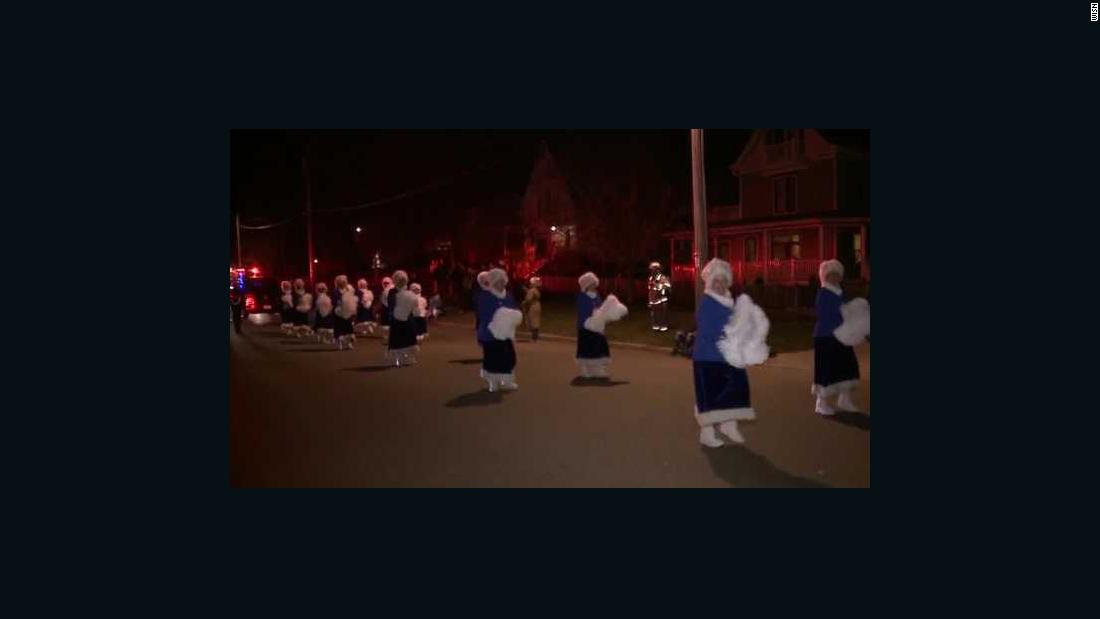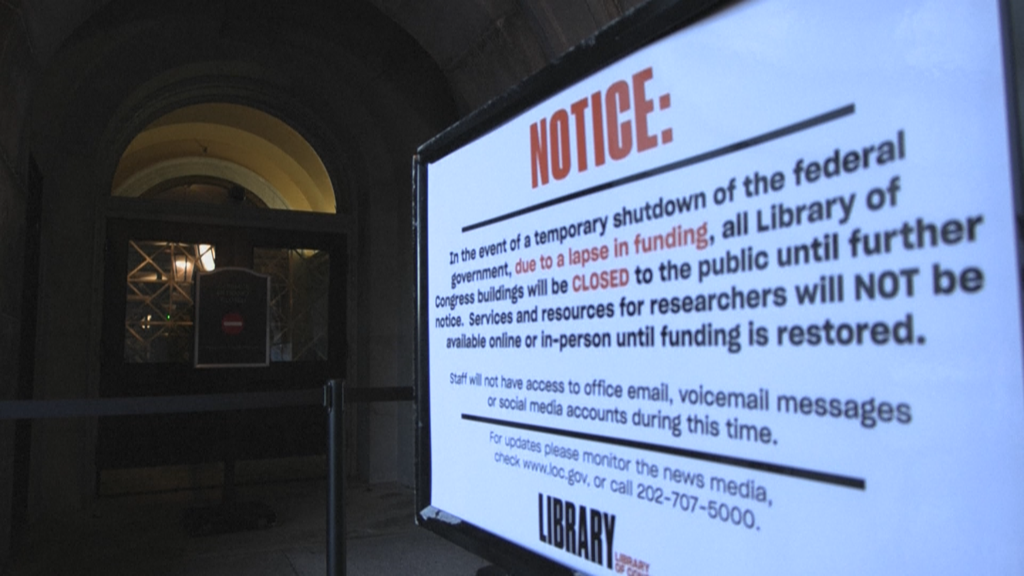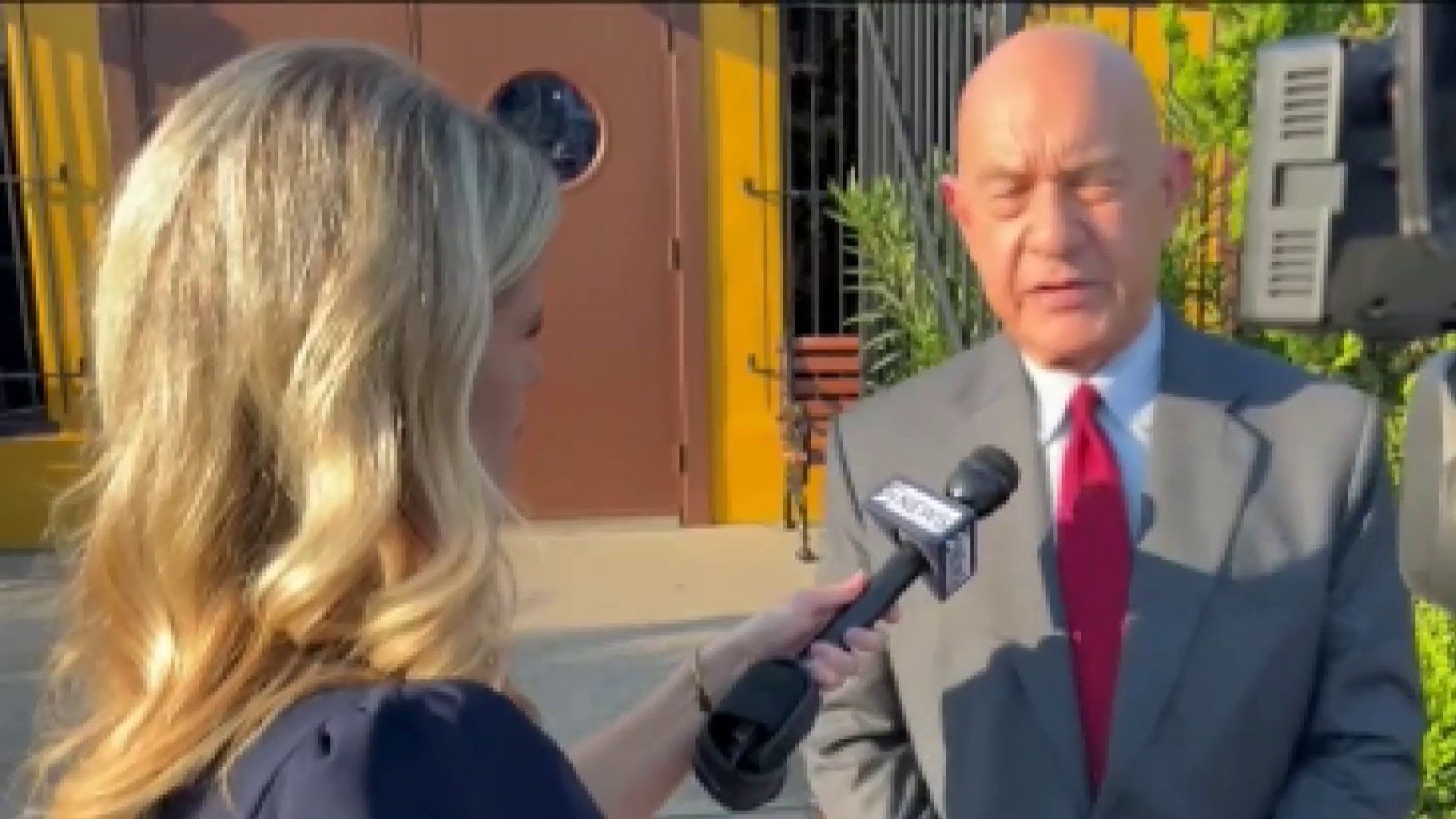Generations of Rage in Electra at Classical Theatre
Agamemnon, commander of the Greek forces that invaded Troy, survived the 10 years of the Trojan War, only to come home and be murdered by his wife and her lover. An ironic death that begat a cycle of bloody vengeance through the generations as Sophocles details in the one-act Electra about to go on stage […] The post Generations of Rage in Electra at Classical Theatre appeared first on Houston Press.


Agamemnon, commander of the Greek forces that invaded Troy, survived the 10 years of the Trojan War, only to come home and be murdered by his wife and her lover.
An ironic death that begat a cycle of bloody vengeance through the generations as Sophocles details in the one-act Electra about to go on stage with Houston’s Classical Theatre Company.
Agamemnon, king of Mycenae, had sacrificed his daughter Iphigenia to placate the goddess Artemis who had stopped him setting off for war with high winds so that his ships couldn’t sail. Those winds calmed after the sacrifice.
His wife Clytaemnestra(Shannon Emerick) justified killing Agamemnon upon his return because he sacrificed their daughter. Now another daughter, the title character Electra (Lindsay Ehrhardt), wants revenge on her father’s death and is ready to kill her mother and Aegisthus (Andraes Hunt), who also happens to be Agamemnon’s cousin.
Sophocles, like most Greek playwrights, got to the point fairly quickly in his plays, according to Classical Theatre Company’s Artistic Director John Johnston.
When Electra’s long lost brother Orestes (Seth Carter Ramsey) returns from exile – and at first they don’t recognize each other – a plot to kill Clytaemnestra is quickly hatched.
“She doesn’t recognize him because she hasn’t seen him since he was a very, very young child. It’s been like 20 years or so. He’s a grown adult man now. And also why it takes him a while to confirm that it is her.”
“This is an exploration of the dark side of human nature. As I feel that very prevalent right now.”
“It is a cycle of blood and revenge basically and that really is the exploration of this dark side of human nature,” he says. “Blood begets more blood and so the result is this nevitable demise. There’s no glorification of the deaths of Clytaemnestra and Aegisthus at the end of the show.
The death of Clytaemnestra is “quite gruesome,” Johnston says. “The son stabs his mother multiple times . While the action takes place off stage, the body is brought onstage.”
Greek mythology which of course all of this is drawn from does have a great deal of this idea of destiny, a foregone end determined by the Fates. The Greek plays historically, the comedies and the tragedies both, are examinations of Greek culture and society.
“Was it worth it to sacrifice Iphigenia so that they could fight the Trojan War and defeat the Trojans? Do the needs of the many outweigh the needs of the few? I suppose you would have to ask the few about that,” Johnston says.
“The Greeks at large probably would have found it a worthwhile sacrifice but when you ask the Agamemnon family, they do not feel that way. “
Greek audiences knew the stories, knew what they were getting into when they went to play festivals. Johnston says. What they were looking for was how effective the playwrights were at political and social commentary within the plays, he adds.
Other cast members include Matthew Keenan as Orestes’ tutor and Elissa Cuellar as the Chorus. Jon Harvey directs.
Asked why he likes this tragic play so much, Johnston says:
“I like the way it kind of ramps up towards the end of the play. The beginning of the play there’s a lot of exposition, there’s a lot of setting of the scene so that everyone understand how everyone feels about everyone else.”
“And then once it starts rolling it just kicks off and it really hurdles towards the climax. It comes to an end in a very somber and resigned way. “
The play doesn’t have a firm ending, Johnston says. “What lies down the line for Orestes and Electra is not certain. But it’s certainly not a glorification. There’s nothing triumphant about the deaths.”
Performances are scheduled for October 10-12 (Opening night October 9 at 7:30 p.m.) at 7:30 p.m. Friday and Saturday, and 2:30 Saturday and Sunday at The DeLuxe Theater, 3303 Lyons. For more information, call 713-963-9665 or visit classicaltheatre.org. $10-$30.
The post Generations of Rage in Electra at Classical Theatre appeared first on Houston Press.



















































